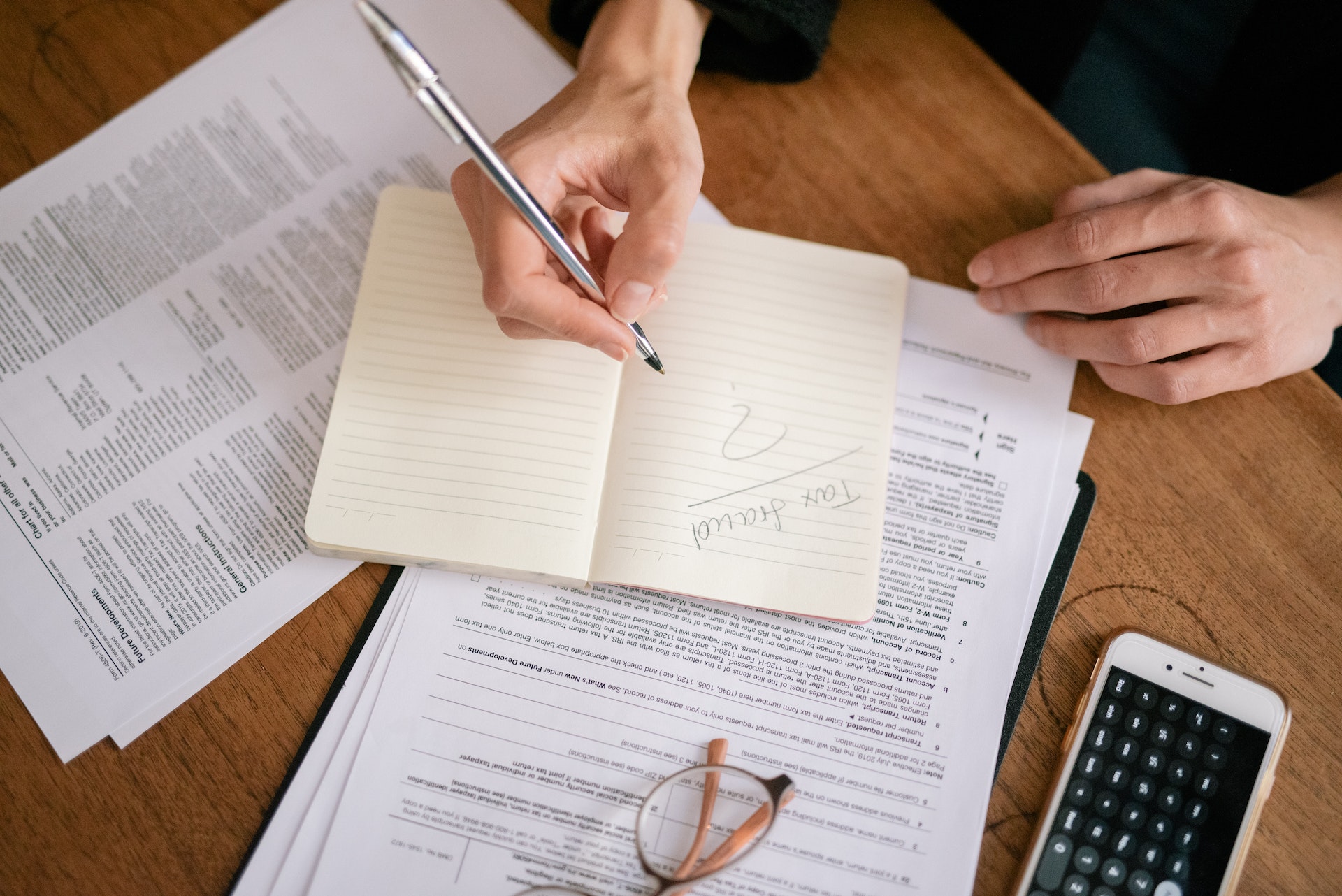What is fraud, and how is fraud in the inducement different?
In general, fraud is the misrepresentation of an existing material fact, with the intent that the representation be relied on, and actual detrimental reliance on the representation by an innocent party. It does not matter whether the party misrepresented with knowledge of its falsity or if they did it innocently.
Fraud in the inducement, a form of fraudulent conduct, occurs when one party induces another to enter into a contract by misrepresenting a material fact. In other words, one person’s false statement causes another to take an action. This type of fraud involves a misrepresentation intended to deceive and which is relied upon by the victim to their detriment. Fraud in the inducement is also commonly used as an affirmative defense in a lawsuit.
For example, a car dealer sells a car with a known defect that affects its safety without telling the buyer, even though they asked about its accident report. If the car dealer lies and states the car has no defects or has never been in an accident, they might be liable for fraud in the inducement.
Need help dealing with a potential instance of fraud or fraud in the inducement? Schedule your consultation today with a top shareholder disputes attorney.
In Florida, which laws, rules, and regulations apply to fraud and fraud in the inducement?
Florida law generally recognizes fraud as a common law tort, and courts have developed the elements and requirements for proving fraud in the inducement. Florida does not have a specific statute that defines or addresses fraud in the inducement as a distinct cause of action. However, One statute relevant to fraud in the inducement is Fla. Stat. § 95.11, which sets the statute of limitations for the claim at four years.
Some practical examples of fraud in the inducement include:
- Real estate transactions: When one party misleads the other about the property’s condition or a related obligation.
- Purchase agreements: When the seller of an item misrepresents something about the item they’re selling to the buyer’s detriment.
What is required to prove a case of fraud and fraud in the Inducement in Florida?
Under Florida law, to prove fraud and fraud in the inducement, a plaintiff must generally show the following:
- a misrepresentation or false statement concerning a material fact;
- knowledge by the person making the statement that the representation is false;
- intent by the person making the statement that the representation induces another to act on it; and
- reliance on the representation by a party to their detriment.
When a set of facts is appropriate to meet the requirements of litigating fraud and fraud in the inducement, there are many paths a claimant may take. We are value-based attorneys at Jimerson Birr, which means we look at each action with our clients from the point of view of costs and benefits while reducing liability. Then, based on our client’s objectives, we chart a path forward to seek appropriate remedies, such as:
- Contract rescission
- Monetary damages
- Injunctive relief
- Restitution
To see what actions may be available for your unique situation, please contact our office to set up your initial consultation.
What are common defenses to fraud and fraud in the inducement in Florida?
The primary defenses to fraud and fraud in the inducement are:
- Lack of intent: One of the critical elements of fraud in the inducement is the intent to deceive. If the defendant can show that they did not intend to deceive the plaintiff, they may be able to defend against the fraud claim.
- Lack of materiality: To support a fraud claim, the misrepresentation must be material to the transaction in question. If the misrepresentation was not material, it may not support a claim for fraud in the inducement. Materiality will always depend on a case’s specific circumstances.
- Justifiable reliance: The plaintiff must have justifiably relied on the misrepresentation to support a claim for fraud in the inducement. If the plaintiff’s reliance was not justifiable, the defendant may be able to defend against the fraud claim.
- Statute of limitations: There is a statute of limitations of 4 years for fraud claims in Florida. If the plaintiff waited too long to file their claim, the defendant may be able to argue that the claim is time-barred.
- Waiver: If the plaintiff knew or should have known about the misrepresentation but entered into the transaction anyway, the defendant may be able to argue that the plaintiff waived any claim for fraud in the inducement.
To see what defenses may be available for your unique situation, please contact our office to set up your initial consultation.
Have more questions about a fraud and fraud in the inducement-related situation?
Crucially, this overview of fraud and fraud in the inducement does not begin to cover all the laws implicated by this issue or the factors that may compel the application of such laws. Every case is unique, and the laws can produce different outcomes depending on the individual circumstances.
Jimerson Birr attorneys guide our clients to help make informed decisions while ensuring their rights are respected and protected. Our lawyers are highly trained and experienced in the nuances of the law, so they can accurately interpret statutes and case law and holistically prepare individuals or companies for their legal endeavors. Through this intense personal investment and advocacy, our lawyers will help resolve the issue’s complicated legal problems efficiently and effectively.
Having a Jimerson Birr attorney on your side means securing a team of seasoned, multi-dimensional, cross-functional legal professionals. Whether it is a transaction, an operational issue, a regulatory challenge, or a contested legal predicament that may require court intervention, we remain a tireless advocate every step of the way. Being a value-added law firm means putting the client at the forefront of everything we do. We use our experience to help our clients navigate even the most complex problems and come out the other side triumphant.
If you want to understand your case, the merits of your claim or defense, potential monetary awards, or the amount of exposure you face, you should speak with a qualified Jimerson Birr lawyer. Our experienced team of attorneys is here to help. Call Jimerson Birr at (904) 389-0050 or use the contact form to schedule a consultation.


We live by our 7 Superior Service Commitments
- Conferring Client-Defined Value
- Efficient and Cost-Effective
- Accessibility
- Delivering an Experience While Delivering Results
- Meaningful and Enduring Partnership
- Exceptional Communication Based Upon Listening
- Accountability to Goals










